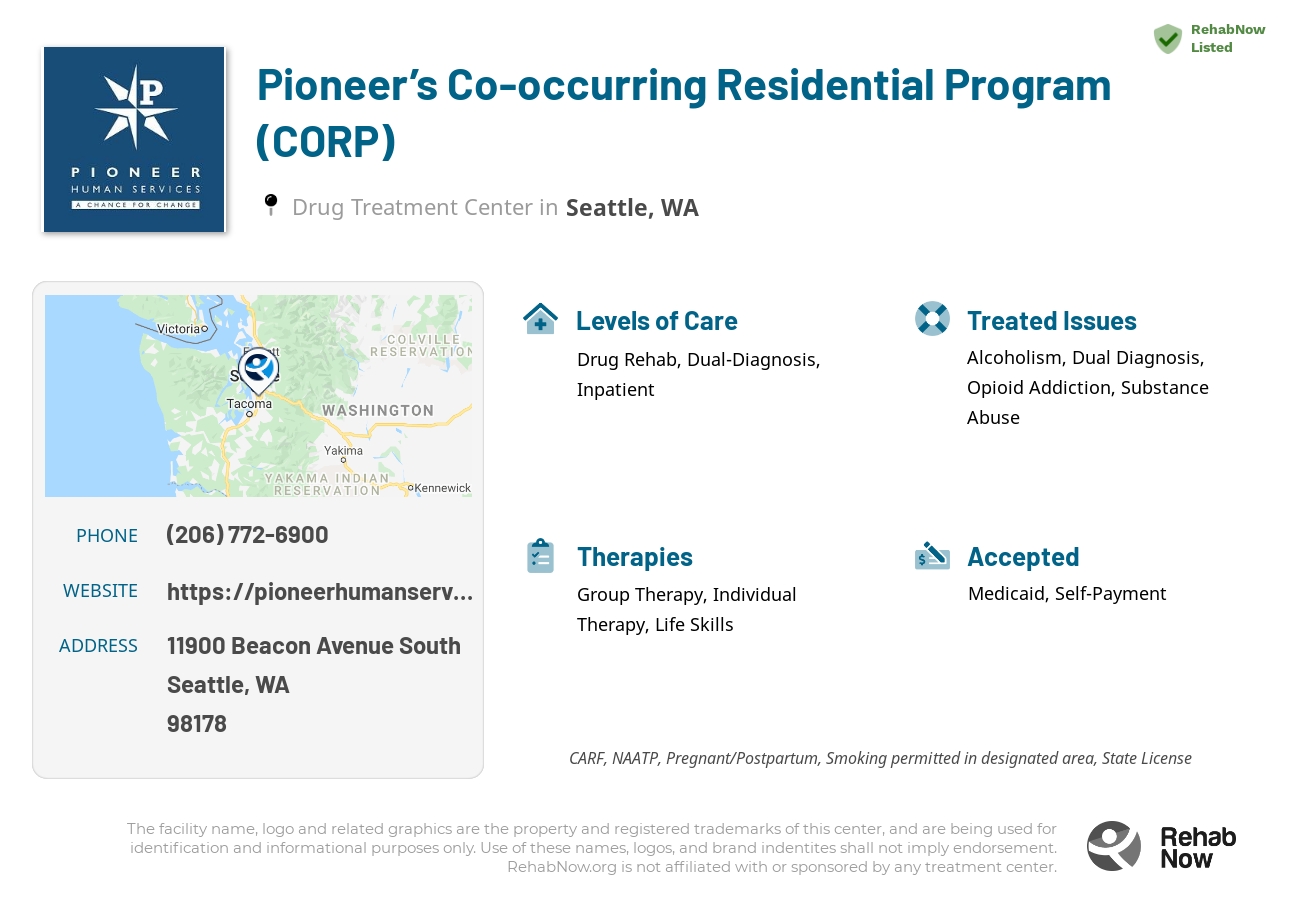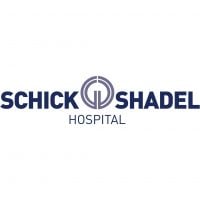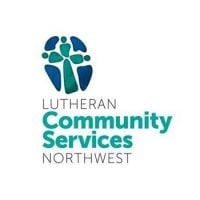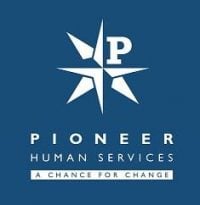
Pioneer’s Co-occurring Residential Program (CORP)
Drug Rehab Center in Seattle, Washington
- Substance Abuse
- Opioid Addiction
- Dual Diagnosis
- Drug Addiction
- Alcoholism
Pioneer Human Services' Co-occurring Residential Program (CORP) in Seattle provides gender-inclusive and holistic treatment for addiction and substance abuse, with services like medically supervised detoxification, trauma-informed care, and medication-assisted treatment.
About This Washington Facility
Pioneer’s Co-occurring Residential Program (CORP) in Seattle, WA, is a beacon for individuals struggling with substance abuse and co-occurring mental health disorders. This facility stands out for its comprehensive residential treatment, focusing on a holistic approach to recovery that addresses both mental health and addiction.
- Holistic Approach: Offers a blend of services for substance abuse and mental health disorders, ensuring a comprehensive treatment plan.
- Extended Residential Program: Provides a 60 to 90-day residential program that includes a wide range of therapeutic activities and education.
- Accredited Care: Boasts accreditations from SAMHSA and holds a State License, ensuring high-quality standards in treatment.
Pioneer’s CORP is recognized for its commitment to quality, evidenced by its accreditations. The program’s tailored treatment plans, which include motivational interviewing and trauma intervention, are designed to meet the unique needs of each individual.
The facility treats a variety of addictions, including alcoholism, opioid addiction, and substance abuse, utilizing methods like DBT groups and relapse prevention. Care levels range from inpatient and residential rehab to detox and aftercare support, offering a pathway to recovery for many.
Genders
Ages
Modality
Additional
Accreditations
State License
SAMHSA
Conditions and Issues Treated
People who abuse drugs are likely to suffer from an addiction, which can cause serious health problems. When it comes to helping drug abusers get sober, there are many options to choose from. It is essential to state that there is no “”correct”” way of doing things. People are different, and they need different types of help to get over their addiction.
Many people who struggle with opioid addiction need to attend specific programs like methadone , Suboxone or Vivitrol clinics.
These types of programs will provide the patient with legal, prescription medications that can help them overcome their cravings for illegal opioids like heroin or fentanyl . If the patient has a chronic condition like Hepatitis C, they must undergo treatment before they can begin taking these medications.
Dual Diagnosis refers to someone who is both dealing with addiction and another mental health issue.
There are different kinds of Dual Diagnosis: A person who simultaneously experiences both a mental illness and an addiction disorder. Or, a person who experiences one or more coexisting (simultaneous) mental health conditions in addition to a primary substance use disorder.
Some conditions that commonly co-occur with addiction include:
- Personality Disorders (Borderline, Narcissistic)
- Mood Disorders (Bipolar Disorder, Depression, Anxiety Disorder)
- PTSD (Post Traumatic Stress Disorder), OCD (Obsessive Compulsive Disorder), ADHD (Attention Deficit Hyperactivity Disorder)
- Schizophrenia, Psychosis, Hallucinations, Delusions
Levels of Care Offered at Pioneer’s Co-occurring Residential Program (CORP)
This center offers a variety of custom treatment tailored to individual recovery. Currently available are Drug Rehab, Dual-Diagnosis, Inpatient, Residential, with additional therapies available as listed below.
Individuals who are suffering from severe addiction or have a high risk for dangerous health concerns are often recommended to receive inpatient treatment.
Choosing to enter an inpatient treatment program is beneficial for people who are suffering from severe addiction, or who have a high risk for dangerous health concerns.
Inpatient treatment is beneficial for:
- People who have a history of severe withdrawal.
- People who have attempted to overcome addiction on their own without success.
- People who have a history of relapse, or have recently relapsed.
- People at risk for drug overdose or withdrawal-related complications.
- People with medical conditions that are worsened by drug or alcohol use.
Residential treatment programs are those that offer housing and meals in addition to substance abuse treatment. Rehab facilities that offer residential treatment allow patients to focus solely on recovery, in an environment totally separate from their lives. Some rehab centers specialize in short-term residential treatment (a few days to a week or two), while others solely provide treatment on a long-term basis (several weeks to months). Some offer both, and tailor treatment to the patient’s individual requirements.
Therapies & Programs
Therapy sessions focused on the individual addict can provide much-needed guidance as they work toward overcoming their addiction. These types of sessions typically involve guidance from a therapist, who will help addicts identify and process their feelings and cravings.
During these sessions, addicts may develop plans for coping with the triggers that typically lead to relapse and learn how to avoid those triggers during their recovery process.
Different types of addiction treatment services are available. Within this article, group therapy is of interest due to its high success rate compared to individual therapy. Group therapy settings are beneficial because they allow recovering addicts to build a strong support network.
Benefits of group therapy are:
- Reduces feelings of isolation
- Immediate access to social support in the form of fellow addicts in recovery
- Lowers risk of relapse
- Increases rate of sobriety
- Builds coping skills that can be applied to everyday life
Those struggling with addiction in Washington can benefit from learning certain life skills. It is not as simple as quitting drinking or taking drugs and thinking that the hard part is over. Being sober means living a whole new way of life. Many recovering addicts have found that they need to develop talents like time management, organization, communication skills, socialization skills, and self-esteem to make their life in sobriety work.
Drug and alcohol addiction can lead to a breakdown in life skills. Learning certain life skills can help those who are struggling with addiction. Life skills training at Pioneer’s Co-occurring Residential Program (CORP) in Seattle, WA teaches patients skills such as time management, budgeting, and social abilities to improve their quality of life and prevent relapse.
An addict’s life skills are maladaptive, meaning they are counterproductive. An addict may have learned poor time management skills growing up, have a hard time budgeting money, or be socially awkward. An addict’s poor life skills can lead to relapse and the inability to achieve long-term sobriety. Life skills training teaches patients effective coping mechanisms, which can help them live a clean and sober life.
Payment Options Accepted
For specific insurance or payment methods please contact us.
Pioneer Human Services Associated Centers
Discover treatment facilities under the same provider.
- Pioneer Human Services - Whatcom Community Detox in Bellingham, WA
- Pioneer Human Services - Seattle in Seattle, WA
- Pioneer Counseling Services - Adult in Seattle, WA
- Pioneer Human Services in Bellingham, WA
Learn More About Pioneer Human Services Centers
Additional Details
Specifics, location, and helpful extra information.
Seattle, Washington 98178 Phone Number(206) 772-6900 Meta DetailsUpdated April 15, 2024
Staff Verified
Patient Reviews
There are no reviews yet. Be the first one to write one.
Seattle, Washington Addiction Information
Washington's substance use, abuse, and addiction rates have followed the trends of the rest of the over the past years. Methamphetamine abuse is the biggest threat to Washington. Heroin-related overdoses increased by almost 450% from 2006 to 2016. 20% of all annual deaths in Washington are somehow drug and/or alcohol-related. Drugs are widely abused in Washington because they are easily trafficked in and out of the state.
In Seattle, Washington, drug addiction is a big problem. In 2016, there were nearly 500 drug overdose deaths in Seattle, with opioids responsible for most of those deaths. 4.5% of people aged 12 or older reported using psychotherapeutic drugs for nonmedical purposes. Some of the most common treatments include inpatient rehab, outpatient rehab, and detox centers.
Treatment in Nearby Cities
- Mountlake Terrace, WA (20.3 mi.)
- Elma, WA (63.8 mi.)
- Ridgefield, WA (118.1 mi.)
- Bothell, WA (18.4 mi.)
- Sequim, WA (56.2 mi.)
Centers near Pioneer’s Co-occurring Residential Program (CORP)

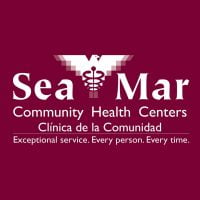
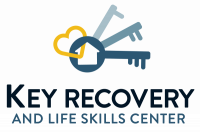
The facility name, logo and brand are the property and registered trademarks of Pioneer’s Co-occurring Residential Program (CORP), and are being used for identification and informational purposes only. Use of these names, logos and brands shall not imply endorsement. RehabNow.org is not affiliated with or sponsored by Pioneer’s Co-occurring Residential Program (CORP).
%20in%20Seattle%20Washington.png)


